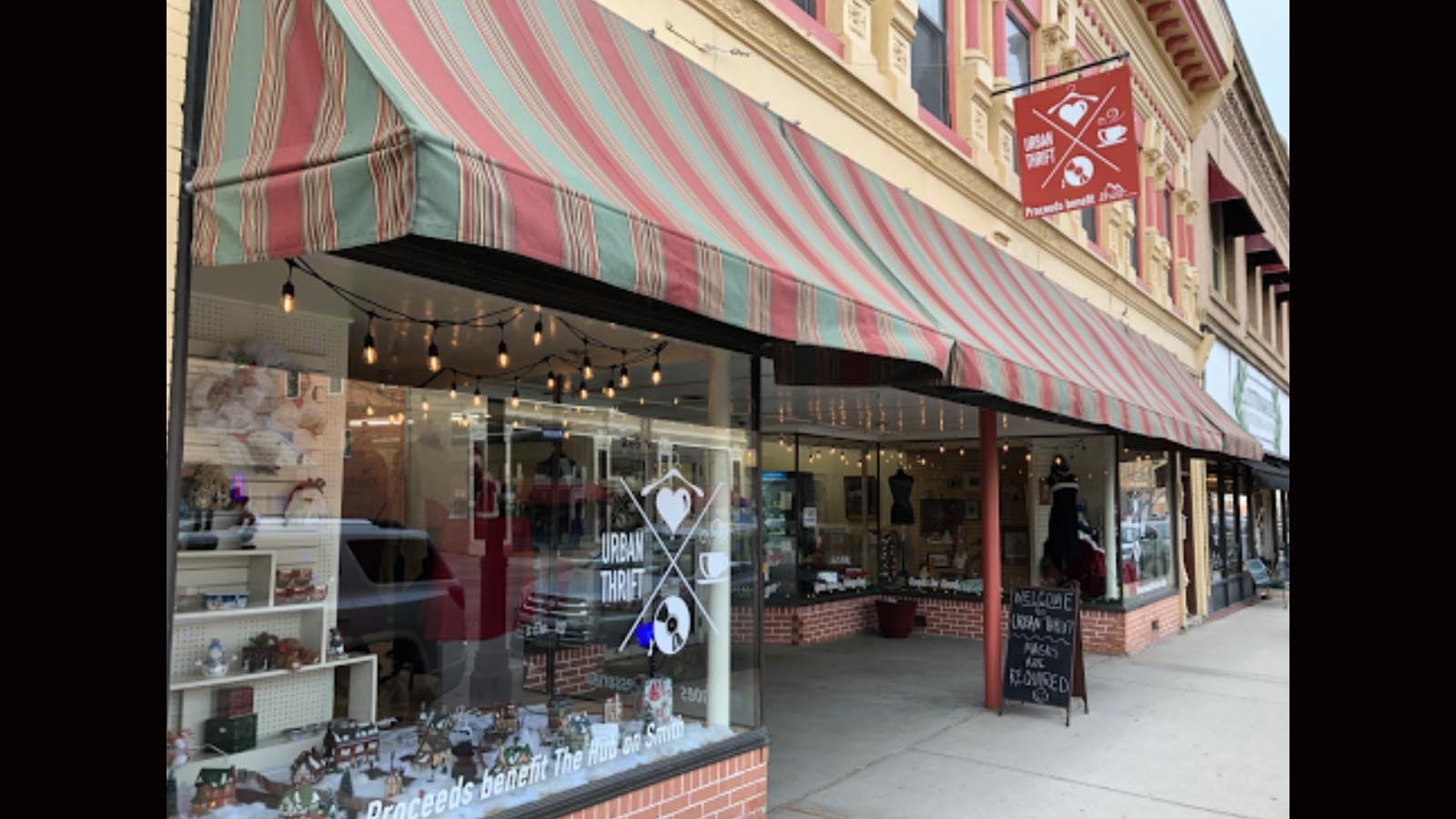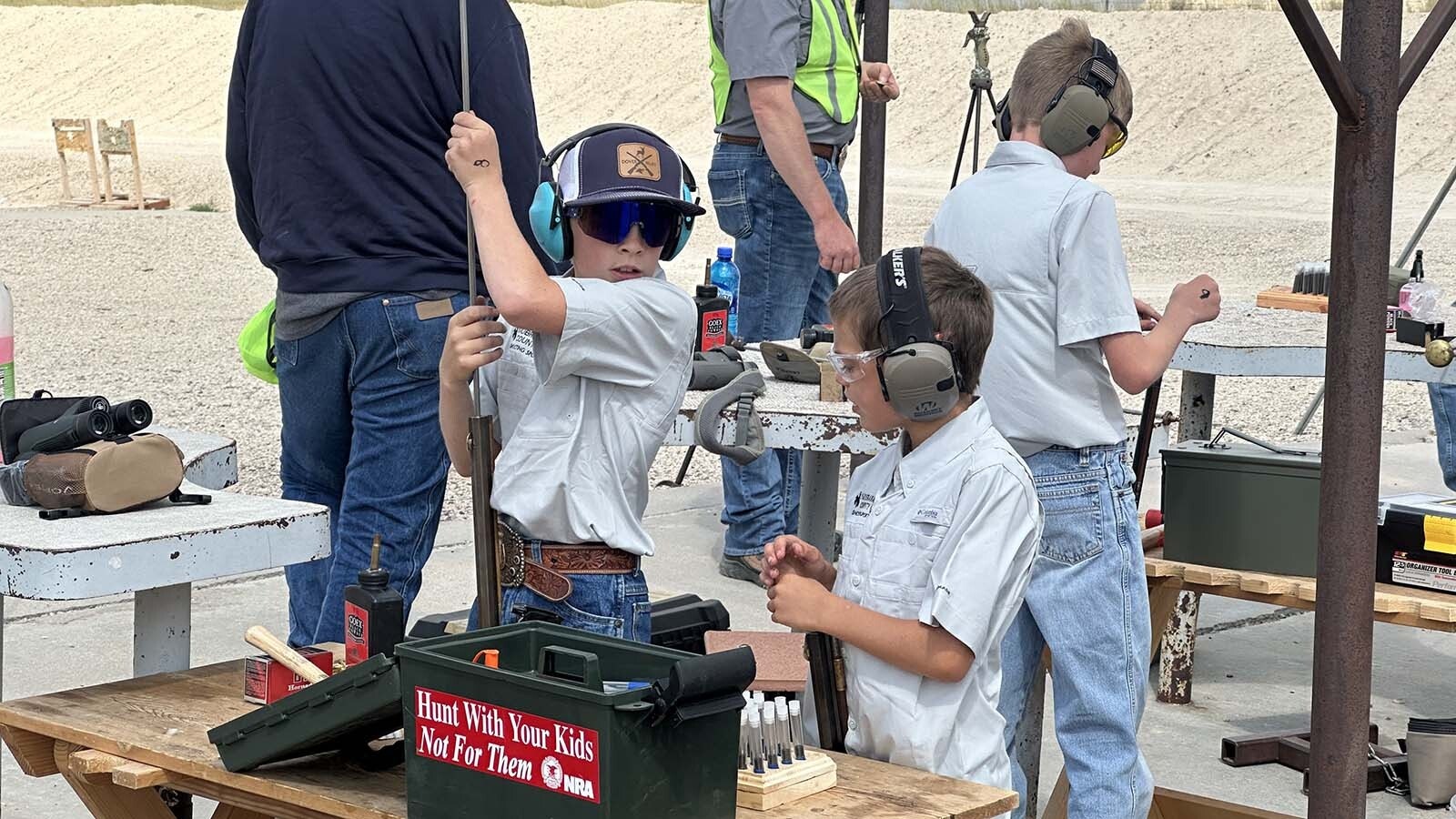There are treasures, there are valued items — and then there are chipped plates, paint-stained jeans and disfigured Barbie dolls with ink mustaches and missing limbs.
While many people have no problem telling the difference, some are either too lazy or sentimental to weed out reusables from the junk — which is why an odd assortment of trash ends up in thrift store dumpsters or loaded in semi-trailers to be recycled.
And while trash was sometimes inappropriately given to such facilities before the coronavirus pandemic, many community thrift stores and consignment centers have seen a boost in questionable donations as people used their cooped up time at home to clean out closets or garages and tackle a variety of home improvement projects.
Women’s clothing, in particular, remains the most popular donated item, some garments nicer than others, which some people seem to have a hard time distinguishing, according to Tammy Van Vleet at the Community Closet in Wright.
During her tenure at the nonprofit thrift store, whose proceeds go to benefit community assistance programs, Van Vleet has seen her share of tattered garments and broken toys.
The thrift store finally stopped accepting toys due to so many broken or missing pieces, Van Vleet said. Toys with missing “spinny things” and puzzles with missing pieces don’t benefit anyone, she noted, because they don’t work.
Likewise, jeans or shirts with rips or stains aren’t sellable, so they end up in the “rag bag” or trash.
“It’s probably about 25%,” she said. “They’re afraid to throw it away when they can’t use it, but don’t consider that nobody else is going to buy it.”
She’s not sure why the store receives such donations but thinks it probably has something to do with Wyomingites’ tendency for thrift and to reuse an item or object as much as possible before throwing it out.
Others might be sentimental, she said, and more comfortable dropping off a cherished item at a thrift store than throwing it away. Also, hand-me-downs, she said, no longer seem to be a thing.
The community thrift store used to have a problem with people dumping unwanted couches and appliances in the parking lot in the middle of the night, despite signs asking them not to do so. It got so bad at one point, the store installed surveillance cameras outside the shop and threatened to seek littering charges, which Van Vleet says has largely solved the problem.
Likewise, Broadway Bargains in Rock Springs faces the task of separating garbage from useful donations, from limbless porcelain figurines and chipped dishes to broken toasters and other appliances that no longer work.
According to one employee who has worked at the store for the past 20 years, now just as in the past, people continue to unload the stuff they no longer use.
“People just don’t seem to want to throw it away,” she said, adding she and her crew are sometimes tasked with sorting through dusty paperbacks, dirty clothes and lots of chipped bowls and dishes, most of which they recycle when possible or try to repurpose.
Other thrift stores like Urban Thrift in Sheridan have used COVID protocols to help curb the problem of unwanted goods. Now, anyone dropping off donations has to make an appointment, according to store manager Mandi Silveira, which has greatly reduced the problem.
That accountability, she said, has definitely helped weed out the junk, which like the other stores consists largely of soiled clothing, chipped dishes and household items that may or may not work.
All the Urban Thrift’s proceeds go to the Hub, a non-profit community center for seniors, so Silveira makes a point to be picky, she said.
Likewise, Value Villa, a private consignment shop in Gillette that that has been around since the early 1980s, now limits consignors to one box per drop off by appointment only, a pandemic restriction that the store now plans to keep in place to avoid being stuck with junk.
Owner Scott Engler said drops offs have remained consistent throughout the pandemic following a brief closure.
The store is picky about what it puts out for sale tries to recycle as much as possible, which isn’t always possible. However, he added the store does try to keep its castoffs out of the landfill
“We’re seeing a lot less waste,” he said, “but some people can’t stand the thought of throwing things away regardless of their value.”





